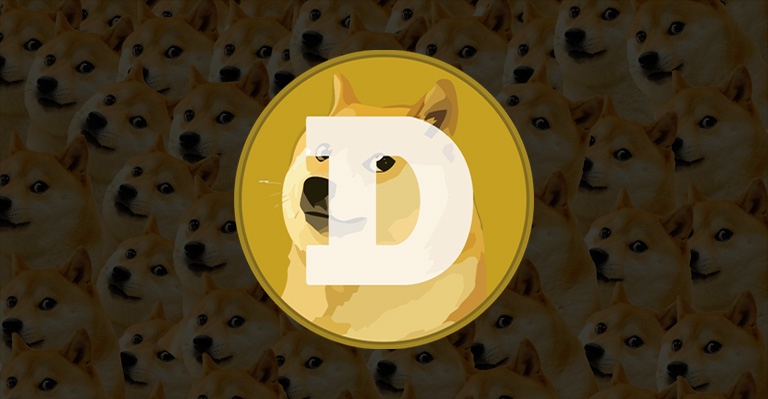TL;DR
- Community Concerns: Dogecoin community members are worried about the Dogecoin Foundation’s communication, especially regarding the trail map, scalability issues, and Project Sakura.
- Decentralization Clarified: Developer Mishaboar emphasized that Dogecoin operates under a decentralized governance structure, with no single authority, and the Foundation is just one of many contributing organizations.
- Comparison with Ethereum: Mishaboar highlighted the differences between Dogecoin’s decentralized system and Ethereum’s, noting the challenges and benefits of maintaining decentralization.
Some members of the Dogecoin community have expressed concerns about the Dogecoin Foundation’s communication, particularly regarding the recently released trail map, scalability issues, and Project Sakura. The Foundation’s emphasis on achieving ten times the current speed surprised many who were unaware of these plans.
An important reminder for @bitcoinist and other outlets or organizations (exchanges, businesses, etc.) that the #Dogecoin Foundation is an organization/company developing their own solutions for Dogecoin and not an official entity. There is no official in Dogecoin.
Any claims or… https://t.co/0LGpEKzjOK
— Mishaboar (@mishaboar) September 8, 2024
Mishaboar’s Clarification on Decentralization
In response, Mishaboar, a notable Dogecoin developer, took to X to clarify misconceptions about the Foundation. He emphasized the decentralized nature of Dogecoin, explaining that the Foundation does not act as an official representative of the entire community.
Instead, it functions as one of many organizations contributing to Dogecoin’s development. Mishaboar reiterated that Dogecoin operates under a decentralized governance structure, with no single authority directing its development.
The project’s direction, development, and decision-making processes are driven by community consensus. He highlighted that any community member can develop solutions or initiatives for Dogecoin, reinforcing the decentralized nature of the ecosystem.

Decentralization: Pros, Cons, and Comparisons with Ethereum
Mishaboar also compared Dogecoin’s decentralized system with Ethereum’s, noting, “There is no official or centralized organization running DOGE, we are not Ethereum (thankfully).” This statement was made in light of the US SEC’s security tag on Ethereum before its ETF approval.
Decentralization offers increased security, transparency, and resistance to censorship. However, maintaining a truly decentralized governance structure can be challenging.
Proof-of-stake (PoS) networks like Ethereum are vulnerable to attacks, where validators could collude to control most of the staked Ethereum, undermining network security. Additionally, decentralized applications on Ethereum can be susceptible to smart contract bugs, potentially leading to breaches and data vulnerabilities.
In contrast, centralized systems require consensus and coordination among multiple stakeholders to patch vulnerabilities, a time-consuming process that prevents attacks on the network. Stakeholders hope that Dogecoin will address these security concerns moving forward.
Future Developments and Market Performance
Looking ahead, Dogecoin might join the Exchange-Traded Funds (ETF) trend. Arthur Hayes, co-founder of BitMEX, predicted that Dogecoin might receive ETF approval from the US SEC.
At the time of writing, Dogecoin’s price was $0.09809, a 3.50% increase in 24 hours. Despite a 32.63% drop in market volume to $358.15 million, Dogecoin remains the eighth most capitalized coin with a valuation of $13.92 billion.

